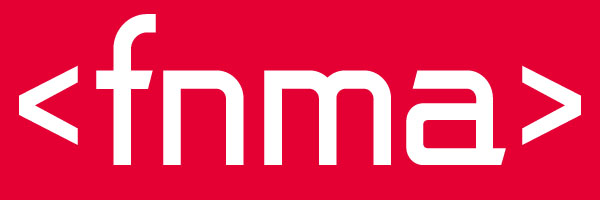 Issue 13(1) of our journal on emerging technologies for learning got published. Enjoy the readings as usual for free :-).
Issue 13(1) of our journal on emerging technologies for learning got published. Enjoy the readings as usual for free :-).
Table of Contents:
- Building Learning System for Content Knowledge and Social Knowledge
- Big Data Emerging Technology: Insights into Innovative Environment for Online Learning Resources
- SPOC-based Flipped Classroom of College English: Construction of an Effective Learning Model
- Learning Analytics Through Serious Games: Data Mining Algorithms for Performance Measurement and Improvement Purposes
- Modelling Online Course Services and Comparison of its Major Providers
- The Role of Infographics for the Development of Skills for Cognitive Modeling in Education
- Role and Value of Learning Theories in the Area of Adaptive Educational Hypermedia Systems Incorporating Learning Styles
- Effects of the Gamification Supported Flipped Classroom Model on the Attitudes and Opinions Regarding Game-Coding Education
- Designing and Evaluating the Use of Smartphones to Facilitate Online Testing in Second-Language Teacher Education (SLTE): An Auto-Ethnographic Study
- Recent Developments in Game-Based Virtual Reality Educational Laboratories Using the Microsoft Kinect
- Collaborative Learning at Engineering Universities: Benefits and Challenges
- Constraint-based Student Modelling in Probability Story Problems with Scaffolding Techniques
- Enhanced Peer Assessment in MOOC Evaluation Through Assignment and Review Analysis
- On China’s English Teaching Reform: From Micro-lesson and MOOCs to Flipped Class
- The Development of STEM Literacy Using the Learning Process of Scientific Imagineering through AR
Nevertheless, if you are interested to become a reviewer for the journal, please just contact me :-).

